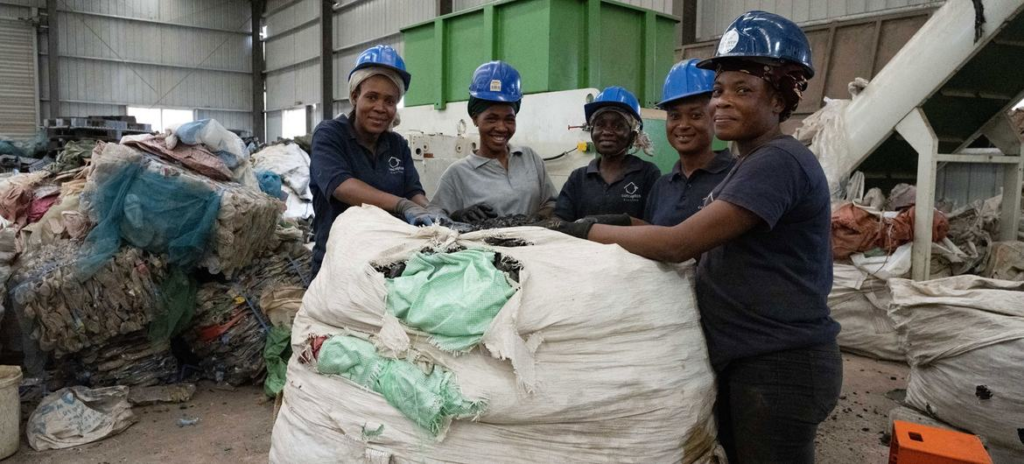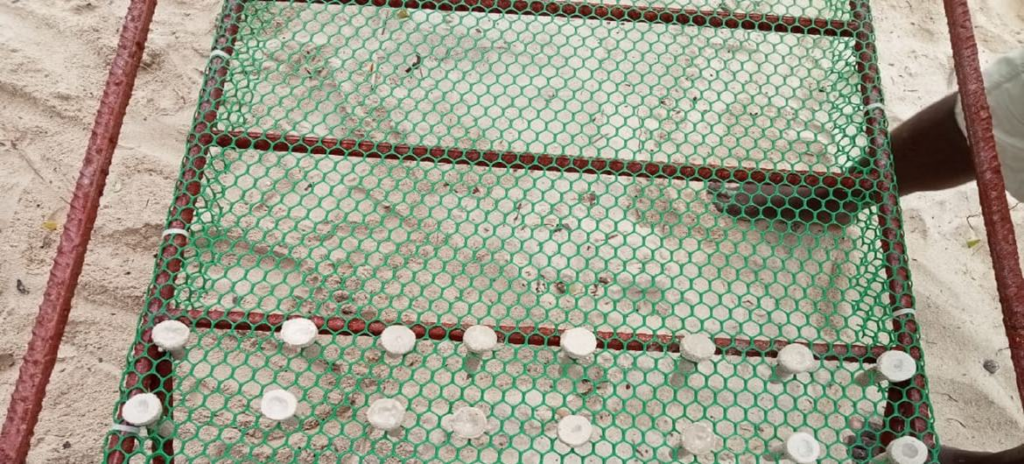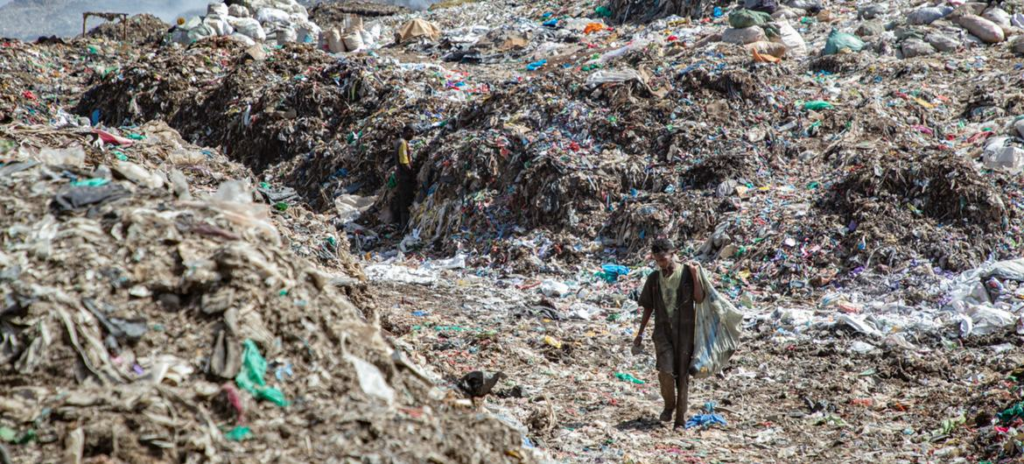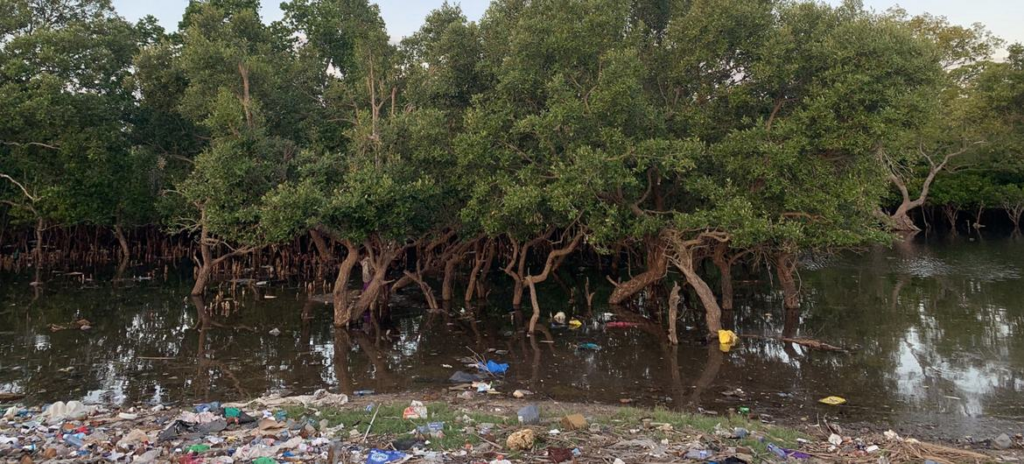New York, USA, June 07, 2023-/African Media Agency(AMA)/On the occasion of World Environment Day, celebrated on June 5, the United Nations Environment Program (UNEP) calls on everyone to do what they can to end plastic pollution.
Around the world, cities, oceans and landscapes are cluttered with plastic waste, creating risks to human health, threatening biodiversity and destabilizing the climate, UNEP Executive Director Inger Andersen said in a statement. .
The UN agency reports that the world produces around 430 million metric tons of plastic per year and that figure is constantly rising. She points out that recycling systems cannot cope with this volume, with recycling rates being less than 10%.
“We cannot hope to get out of this crisis through recycling,” Ms Andersen said, calling for a “complete review of how we use, produce, recycle and dispose of plastics, starting with eliminating as much as possible. plastic and the harmful chemicals associated with it in products and packaging”.
A binding agreement to end plastic pollution
This transformation began last year at the United Nations Environment Assembly in Nairobi, when nations agreed to begin negotiations on a legally binding agreement to end plastic pollution.
The second round of negotiations on this agreement has just been completed, setting the mandate for draft zero of the agreement before the next session, scheduled for Nairobi, Kenya, next November.
Crucial role of the African continent

“Kenya and the rest of the African continent will have a crucial role to play in this agreement, not least because it was born in Kenya,” added the UNEP chief, “especially because it is in African countries, and in other developing countries, that the problems of injustice related to plastic pollution arise”.
This is visible in the mainland’s dandoras – municipal dumps – where workers in the informal waste sector risk their health to earn a living, the conservationist pointed out.
According to Ms Andersen, African nations can inject ambition into the deal, “which means everyone has to focus on redesigning the products”.
She urges to “redesign products to use less plastic – especially unnecessary and problematic plastics; rethink product packaging to use less plastic; and redesigning systems and products to reuse, recharge and recycle – so that, for example, recycled polymer becomes a higher value product than raw polymer.”
Finally, the UNEP Director insisted on the fact that it is essential to redefine the general system in the interests of justice, “so that groups such as workers in the informal waste sector benefit from decent jobs and a own “.
Knowledge sharing

To improve Africa’s low waste collection rates, it is important to invest in recycling and waste management infrastructure to deal with plastics that cannot be disposed of or reused, the UNEP chief said.
“This means tackling the legacy of plastic pollution in our oceans, which continues to wash up on the shores of African countries,” Andersen said.
African countries can also stimulate ambition by sharing their knowledge. Indeed, hundreds of millions of Africans are already doing a lot to preserve the environment in their daily lives. They reuse and repair products – “a way of life and a culture that needs to be relearned elsewhere, where ‘take-make-use-throw away’ consumerism has become dominant,” Ms Andersen said.
In addition, across Africa, creative initiatives have flourished, such as in Rwanda where the government has supported local factories to move into the production of bamboo and paper-based materials after banning single-use plastic bags.
“It is these initiatives that will enable African nations to move towards a plastic-free future, by offering innovative solutions in manufacturing, packaging and design”, argued the UN official.
African governments can thus drive the necessary transformation, nationally and globally, by sharing these practices and ensuring that legislation promotes new business models rather than reverting to single-use plastic production.
Ms Andersen insisted that enforcement is also important, and is encouraged by the actions taken by Kenya’s national environmental management authority to tackle illegal single-use plastics.
World Day

Building on the science and available solutions to tackle the problem, governments, businesses and other stakeholders must scale up and accelerate action to address this crisis.
Consumers can also reduce demand by refusing plastic where possible. Finally, communities can exert pressure using their voice.
“If we act with a common purpose, we can virtually eliminate plastic pollution by 2040, reduce social, environmental and human health costs, create hundreds of thousands of jobs, primarily in developing countries, and open new markets and new business opportunities,” concluded Inger Andersen.
Distributed by African Media Agency (AMA) for UN Info.
Source : African Media Agency (AMA)
